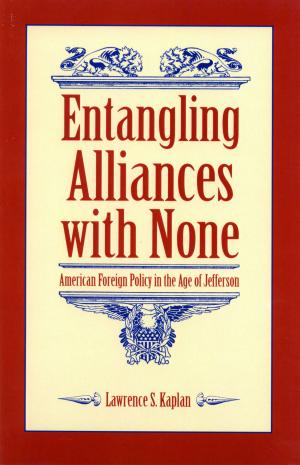Creating People of Plenty
The United States and Japan's Economic Alternatives, 1950-1960
Nonfiction, History, Asian, Japan| Author: | Sayuri Shimizu | ISBN: | 9781612778198 |
| Publisher: | The Kent State University Press | Publication: | January 1, 2001 |
| Imprint: | The Kent State University Press | Language: | English |
| Author: | Sayuri Shimizu |
| ISBN: | 9781612778198 |
| Publisher: | The Kent State University Press |
| Publication: | January 1, 2001 |
| Imprint: | The Kent State University Press |
| Language: | English |
“There is no doubt that the Eisenhower administration accomplished one of its paramount Cold War strategic objectives: to rebuild Japan’s economy and reinstate the nation as a stabilizing, pro-capitalist member in the new world order that had come out of the morass of the Great Depression and the rubble of World War II.”—from the Introduction This innovative study investigates how Japan grew from an economically limited country to the threshold of industrial power. The author describes Japanese economic development in the 1950s as one of the major achievements of the Eisenhower administration. In her admirably-clear account of this chapter in U.S.-Japanese relations, Sayuri Shimizu incorporates Japanese as well as American sources. In the process she explains how and why the United States became so intractably involved in Southeast Asia. Not least, she tells an ironic and instructive story of how the United States helped build an economy that later it so bitterly resented.
“There is no doubt that the Eisenhower administration accomplished one of its paramount Cold War strategic objectives: to rebuild Japan’s economy and reinstate the nation as a stabilizing, pro-capitalist member in the new world order that had come out of the morass of the Great Depression and the rubble of World War II.”—from the Introduction This innovative study investigates how Japan grew from an economically limited country to the threshold of industrial power. The author describes Japanese economic development in the 1950s as one of the major achievements of the Eisenhower administration. In her admirably-clear account of this chapter in U.S.-Japanese relations, Sayuri Shimizu incorporates Japanese as well as American sources. In the process she explains how and why the United States became so intractably involved in Southeast Asia. Not least, she tells an ironic and instructive story of how the United States helped build an economy that later it so bitterly resented.















